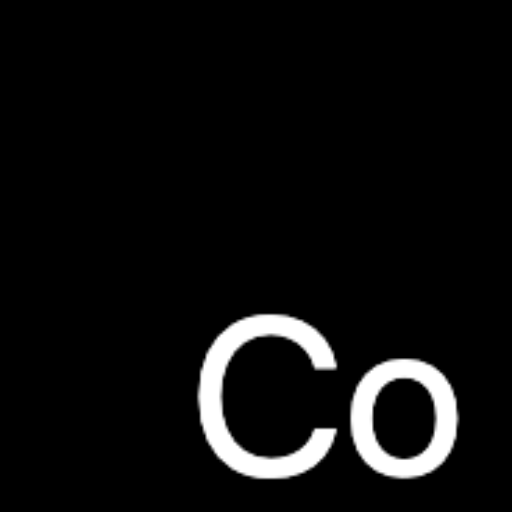Are you considering learning a JavaScript framework to develop web applications? If so, you’ve likely narrowed your choice down to React and Vue. Both popular frameworks offer powerful tools for building dynamic user interfaces, but which one is right for you?
In this article, we’ll explore the similarities and differences between React and Vue, helping you make an informed decision about which one to start with.
What is React? React is a JavaScript library developed by Facebook for building user interfaces. It was released in 2013 and has since become one of the most popular frameworks for web development.
React is component-based, meaning you break down your application into smaller, reusable components. These components can be reused across different applications, making React extremely scalable and efficient.
React also makes use of a virtual DOM, which allows for faster rendering of changes in the user interface.
What is Vue? Vue is a progressive JavaScript framework released in 2014. It was developed by Evan You, a former Google employee, and has since become one of the most popular frameworks for web development.
Like React, Vue is component-based and makes use of a virtual DOM for efficient rendering. It also offers a valuable set of tools for building dynamic user interfaces.
Similarities and Differences Although both React and Vue are component-based, there are a few key differences.
React uses JSX, a syntax extension that allows you to write HTML-like code directly in your JavaScript files. This makes it easier to read and write, and is great for beginners.
Vue, on the other hand, does not use JSX and instead relies on custom HTML-like templating syntax. This makes it a little more difficult to read and write, but it offers more flexibility and control over your code.
React also makes use of an internal state management library called Redux. This allows you to store application-level data in a single place, making it easier to manage and update.
Vue does not have an official state management library, but it does offer an official state management plugin called Vuex. This plugin offers a similar set of features to Redux and is great for managing large-scale applications.
Which One Should I Choose? Choosing between React and Vue can be a tough decision. Both frameworks offer powerful tools for building dynamic user interfaces and have an active community of developers.
If you’re just starting out with web development, React might be a better choice due to its simpler syntax and built-in state management library.
However, if you’re looking for more control over your code and want to build large-scale applications, Vue might be a better choice due to its more flexible templating syntax and official state management plugin.
Conclusion React and Vue are both popular JavaScript frameworks for building user interfaces. Both offer powerful tools for building dynamic user interfaces, but there are a few key differences. React makes use of JSX and Redux, while Vue uses custom HTML-like templating and an official state management plugin.
When choosing between React and Vue, consider your experience level and the size and complexity of the application you’re building. Both frameworks offer powerful tools for building dynamic user interfaces, so the choice ultimately comes down to personal preference.
